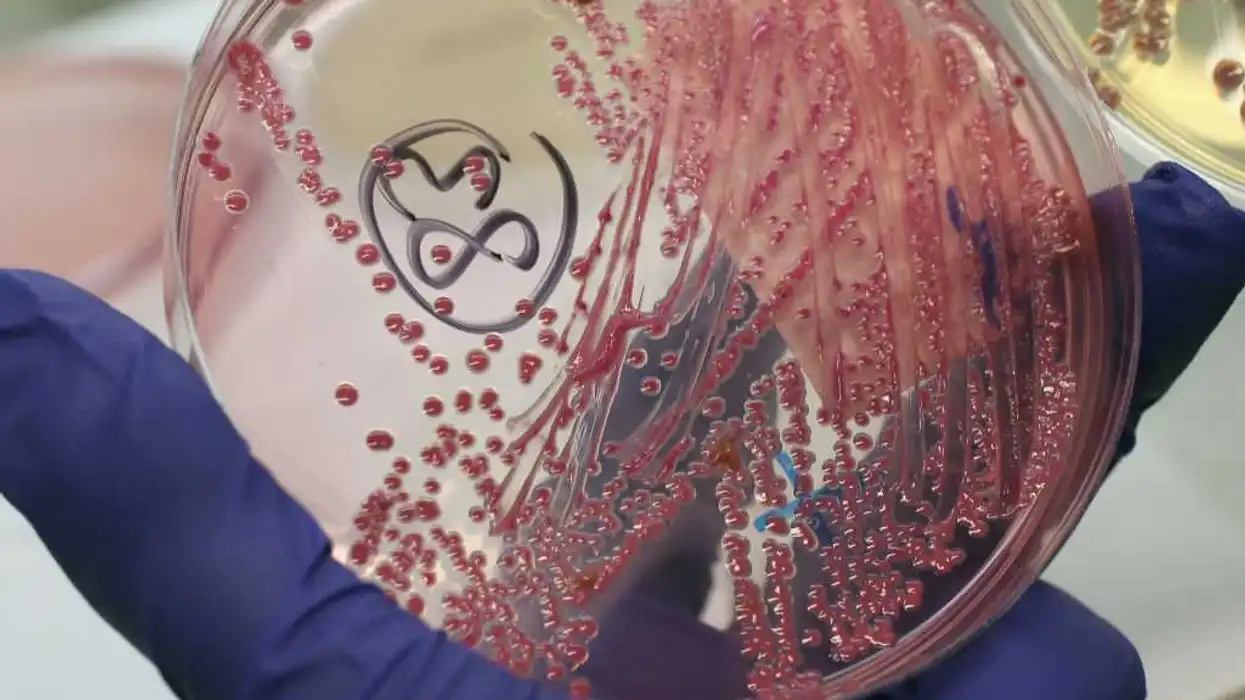
© 2025 Blaze Media LLC. All rights reserved.
What You’ve Heard About Chocolate and Red Wine Being Good for You May Have Been Too Good to Be True
May 13, 2014
“This is contradictory to all the hype."
Red wine and chocolate lovers have long held fast to research touting the health benefits of a compound found in these and other products, but now scientists are saying the benefits might be over-hyped.
 The compound in red wine, resveratrol, has previously been said to have positive health effects. A more recent study found this might not be the case. (Photo credit: Shutterstock)
The compound in red wine, resveratrol, has previously been said to have positive health effects. A more recent study found this might not be the case. (Photo credit: Shutterstock)
Resveratrol has long been linked to positive anti-inflammatory benefits and has been said to aid in cancer prevention and decrease stiffness in blood vessels. In France, it's even called the "French Paradox" — where people generally have low incidences of heart disease despite having a diet high in cholesterol and fat. This previously has been attributed to their imbibing of red wine and reaping the benefits of resveratrol.
Research led by Dr. Richard D. Semba and his colleagues at Johns Hopkins University School of Medicine though found "no association between urinary resveratrol metabolites and longevity."
“This is contradictory to all the hype that we typically hear from the popular arena,” Semba told Reuters about the team's findings.
The researchers studied information collected for a sample of nearly 800 men and women 65 years or older who were part of the Aging in the Chianti Region study, which was conducted in Italy from 1998 to 2009. During this time period, about 34 percent of participants died, 27 percent developed heart disease and 34 percent developed cancer.
There was no difference in rates of these incidents among people found to have higher levels or lower levels of resveratrol in their urine.
"This study suggests that dietary resveratrol from Western diets in community-dwelling older adults does not have a substantial influence on inflammation, cardiovascular disease, cancer or longevity," the Johns Hopkins researchers said.
Simmons College nutrition researcher Teresa Fung, who was not involved in the study, told Reuters that wine and chocolate can still be part of a healthy diet, provided they're in moderation.
This research was published in the Journal of the American Medical Association Internal Medicine.
Watch this report about the study from KTNV-TV:
Resveratrol research has been called into question before, when a researcher in the field from the University of Connecticut in 2012 was accused of falsifying data more than 100 times.
--
Front page image via Shutterstock
Want to leave a tip?
We answer to you. Help keep our content free of advertisers and big tech censorship by leaving a tip today.
Want to join the conversation?
Already a subscriber?
more stories
Sign up for the Blaze newsletter
By signing up, you agree to our Privacy Policy and Terms of Use, and agree to receive content that may sometimes include advertisements. You may opt out at any time.
Related Content
© 2025 Blaze Media LLC. All rights reserved.
Get the stories that matter most delivered directly to your inbox.
By signing up, you agree to our Privacy Policy and Terms of Use, and agree to receive content that may sometimes include advertisements. You may opt out at any time.






